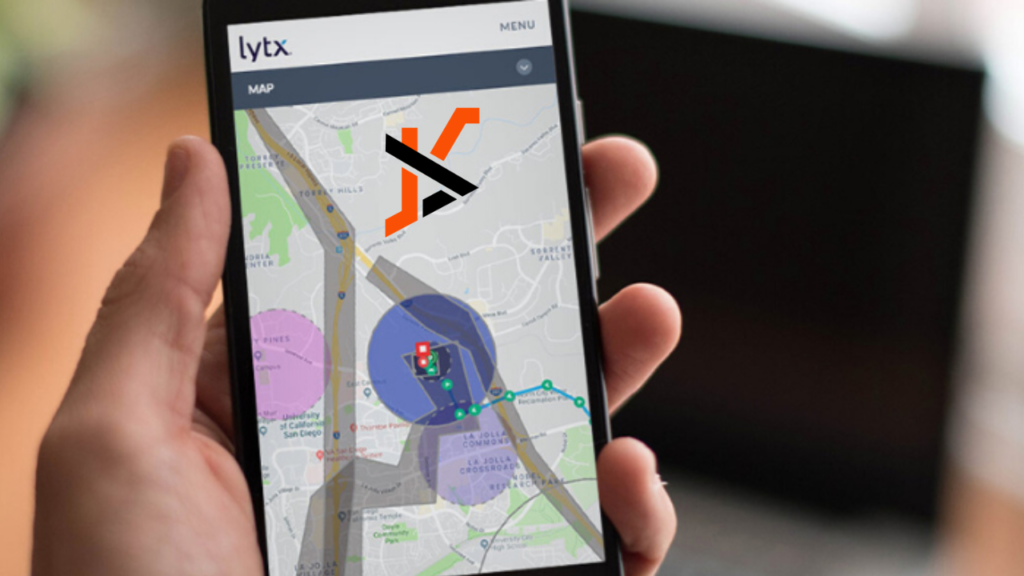In the fast-paced world of fleet management, introducing sophisticated tracking systems has revolutionized how businesses manage their vehicles. This technology, encompassing a wide array of tools and applications, has become a cornerstone for ensuring efficiency, security, and the optimization of resources within the logistics and transportation sectors.
The Evolution of Vehicle Tracking
Vehicle tracking technology has come a long way from its rudimentary beginnings. Initially focused on essential location services, it has evolved into comprehensive management systems that offer real-time data on vehicle performance, fuel consumption, and driver behavior. This evolution reflects a broader trend towards digitalization in industry, where data-driven decision-making has become paramount.
Among the myriad of options available, the RAM Tracking vehicle tracker stands out as a prime example of this technological advancement. It exemplifies how integrating sophisticated tracking solutions can significantly improve operational efficiency and cost reduction.
Implementing such systems allows vehicles to be monitored in real-time, providing fleet managers invaluable insights into their operations. This, in turn, enables more informed decision-making and strategic planning, leading to enhanced performance across the board.
Enhancing Operational Efficiency
One of the primary benefits of vehicle tracking technology is the substantial increase in operational efficiency it provides. Businesses can optimize routes, reduce fuel consumption, and minimize idle times by leveraging real-time data. This leads to cost savings and contributes to a reduction in carbon footprint, aligning with global efforts towards sustainability.
Furthermore, tracking systems facilitate proactive maintenance schedules, reducing the likelihood of vehicle breakdowns and extending the fleet’s lifespan. This predictive approach to maintenance ensures that vehicles are always in optimal condition, reducing downtime and improving overall service quality.
Improving Safety and Security
Another significant impact of vehicle tracking technology is the enhancement of safety and security measures. By monitoring driver behavior, companies can identify risky practices such as speeding, harsh braking, or erratic driving and take corrective action to mitigate risks. This not only protects the drivers and the public but also helps in reducing insurance premiums through the demonstration of a commitment to safety.
Moreover, GPS tracking provides a robust solution against vehicle theft, enabling quick recovery of stolen assets. This level of security is invaluable for businesses, ensuring peace of mind and reducing potential financial losses.
Challenges and Considerations
Despite its numerous benefits, adopting vehicle tracking technology has its challenges. Privacy concerns are at the forefront, with employees often wary of perceived surveillance. Businesses must navigate these concerns transparently, ensuring that tracking is implemented with respect for privacy and in compliance with legal frameworks.
Additionally, the initial cost of implementing tracking systems can be a barrier for some businesses. However, the long-term savings and operational benefits often outweigh these initial expenses, making it a worthwhile investment for most.
As we look to the future, the role of vehicle tracking in fleet management is set to become even more integral. With artificial intelligence and machine learning advancements, predictive analytics will offer even deeper insights into fleet operations, further optimizing efficiency and safety.
In conclusion, the impact of tracking on vehicle management cannot be overstated. It represents a paradigm shift towards more efficient, safe, and sustainable fleet operations. Adopting vehicle tracking technology, exemplified by systems like the RAM Tracking vehicle tracker, is a testament to the industry’s commitment to embracing innovation for the betterment of business and society. This trajectory towards an increasingly digitized and data-driven approach in fleet management is not just a trend but a fundamental shift in how businesses navigate the complexities of transportation and logistics in the 21st century.

